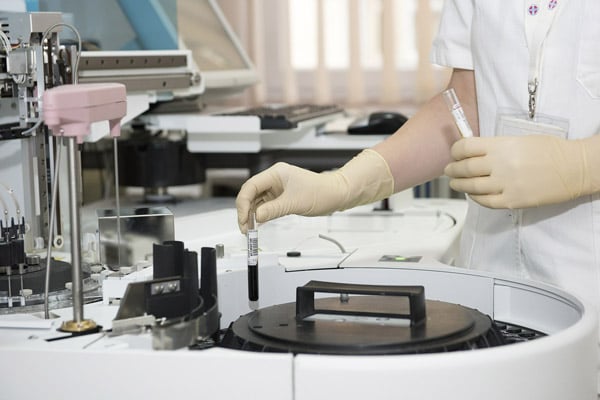
Stem cells are used to treat more than 80 different illnesses including many forms of cancer, metabolic disorders, blood disorders and immune system conditions.
Unfortunately, only half of the people who require a transplant will find a match for stem cells. The situation is even worse for ethnically diverse people, many of whom struggle to find a match for stem cells.
A new documentary called “Mixed Match” highlights the difficulty of finding a stem cell match for ethnically diverse people. The project was started by stem cell advocate Athena Asklipiadis, who lost her aunt to lymphoma after a stem cell match could not be found. Athena worked with film director Jeff Chiba Stearns to produce the movie.
Doctors use a patient’s human leukocyte antigen (HLA)type to determine if they are a suitable match with the stem cells from a donor. HLA is a protein that is found on most cells within the human body. It informs the immune system if a cell is a natural part of the body or a foreign body that must be attacked. People who are related usually have very similar HLA types, which is why so many people initially look to their family for a compatible bone marrow stem cell donor.
Ethnicity plays a role in determining the likelihood that two people will be HLA compatible. So a person of mixed ethnicity is unlikely to be a match for someone who is caucasian or asian. Some people with mixed ethnicity only find two or three potential stem cell matches in global stem cell registries.
The film was made to encourage people to sign up to a stem cell registry — particularly if they are of mixed ethnicity. Finding a match for stem cells can save someone’s life and donating stem cells is simple. The film makers hope their project will save many lives in the future.
Source: Ethnically diverse patients sometimes ‘impossible’ to match for stem cells, advocate says
{{cta(‘010124f3-c9bc-4a23-b9fc-74953e6288c9’)}}


